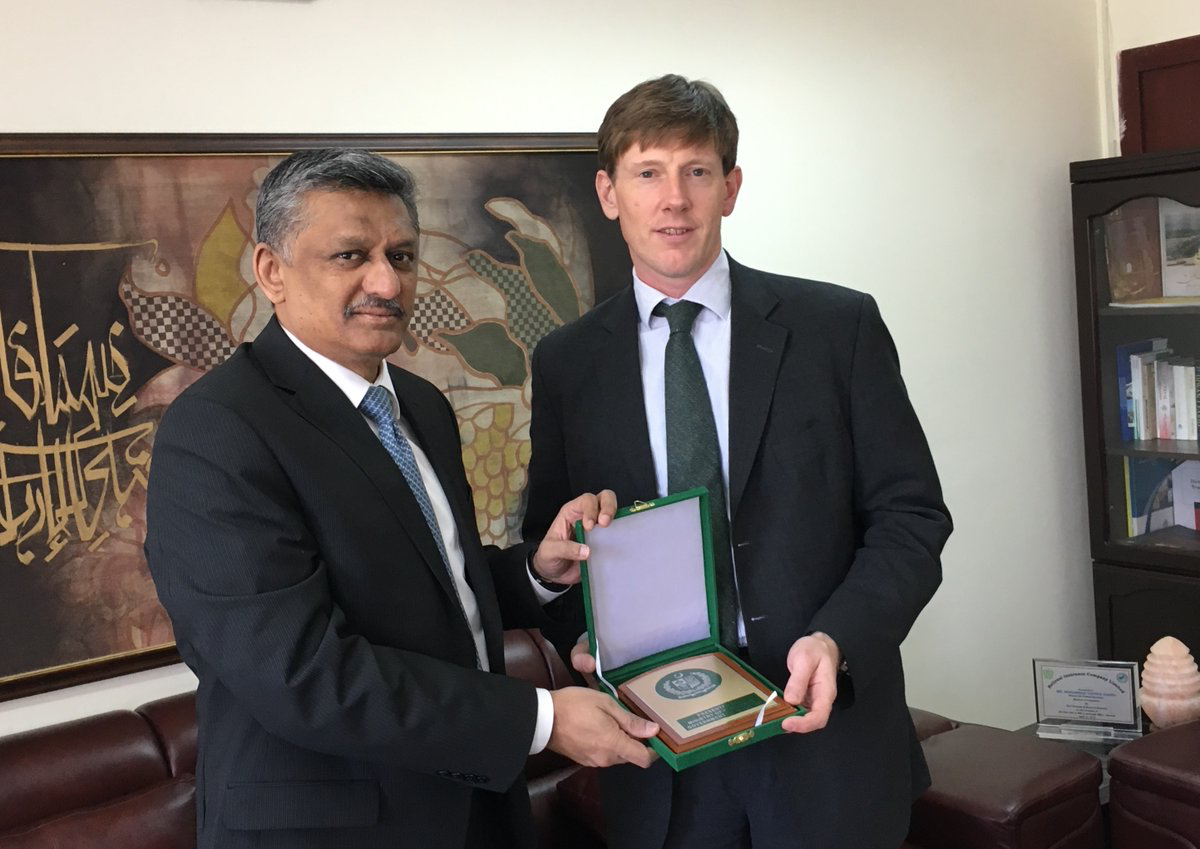
Call for targeted campaign to help BME groups with dementia
The Government’s stated aim is to make England the best country in the world for dementia care.
However, a University of Huddersfield researcher is finding that some minority ethnic groups are reluctant to take advantage of the support that is increasingly available. He will make a call for specially-targeted campaigns aimed at these communities.
Tim Dlamini is in the later stages of his PhD project, examining end-of-life care for people with dementia, with a focus on black and minority ethnic (BME) groups.
He has conducted focus groups with elderly people in the early stages of the illness, and in-depth interviews with family members caring for a relative with dementia. Tim himself was inspired to work and research in the field after the experience of helping care for his grandmother.
“Research has shown that there are differences in how dementia is viewed,” he said. “In many BME communities, it is still seen as a natural part of ageing and not as an illness, so in many cases people do not access the services that are available. Families are left to struggle and try to cope with the situation as best they can.”
“Most of the people who participated in the interviews spoke from a lived experience perspective and it appears there are some clear indications that many people dying from dementia may not be receiving personalised care at the end of their lives. With no cure for dementia as we stand and a projected increase of dementia in the UK and beyond due to aging societies, it is very important that we focus on providing quality care that meet the needs of individuals with dementia and their families.”
Tim found that there is still an attitude prevalent among BME families that they are best equipped to care for relatives and this leads to reluctance to deal with services that might be seen as culturally insensitive.
Having completed interviews with focus groups, Tim is now analysing his data, but says there is a case for a campaign on dementia awareness aimed at BME communities.
South Africa-born, he relocated to the UK in 2002, and helped care for grandmother Esther, long resident in the Basingstoke area. The experience led him to work in dementia care which partly motivated him into research around dementia care.
He enrolled for a psychology degree at the University of Huddersfield and after completing it he was awarded a Vice-Chancellor’s Scholarship to move on to his PhD.

Tim’s goal is to continue to work and research in the wider field of dementia care, which is burgeoning.
More than one million people have trained to be Dementia Friends and over 400,000 NHS staff and more than 100,000 social care staff have also been trained to supporting people with dementia.
Research spending has doubled and while he was still Prime Minister, David Cameron stated that: “By 2020, I want England to be the best country in the world for dementia care and support.”
Mohammed Rauf – who recently received an MBE for his outstanding work with the Meri Yaadain Dementia Team – believes that work needs to be done at both ends of the spectrum.
He said: “Our work tells us that minority ethnic communities are at various stages of their awareness of dementia.
“Some don’t even have an understanding of the term ‘dementia’; whilst others are beginning to see that this is something recognised culturally but as part of the natural ageing process.
“Meri Yaadain Dementia Team has been working at both ends of the spectrum – raising awareness and supporting carers to access appropriate service through informed choices, such as having access to the right information.
He believes dementia experts are starting to make inroads, as the needs of BME communities are starting to be listened to by policy makers and service planners.
“We need to recognise that we should be talking about the person with dementia as a ‘person living with dementia’ rather than to be ‘suffering’ with it.
“The language associated with dementia can also act as a barrier for the individual or their family and carers to break the cycle of misconceptions and stigma.
“Whilst at an early stage with regards to my own PhD research, I am seeing that South Asian people with dementia are absent from mainstream services. South Asian people tend to present late for help and support and are still heavily influenced by family and communal stigma.
“We cannot adopt a ‘one size fits all approach’ and we have to be aware that there are ‘communities within communities’.”
“Food, diet, language, music and physical environment all play a role in having a culturally competent service, where staff are fully trained to understand differences as well as similarities across the different communities and cultural groups of people.”














